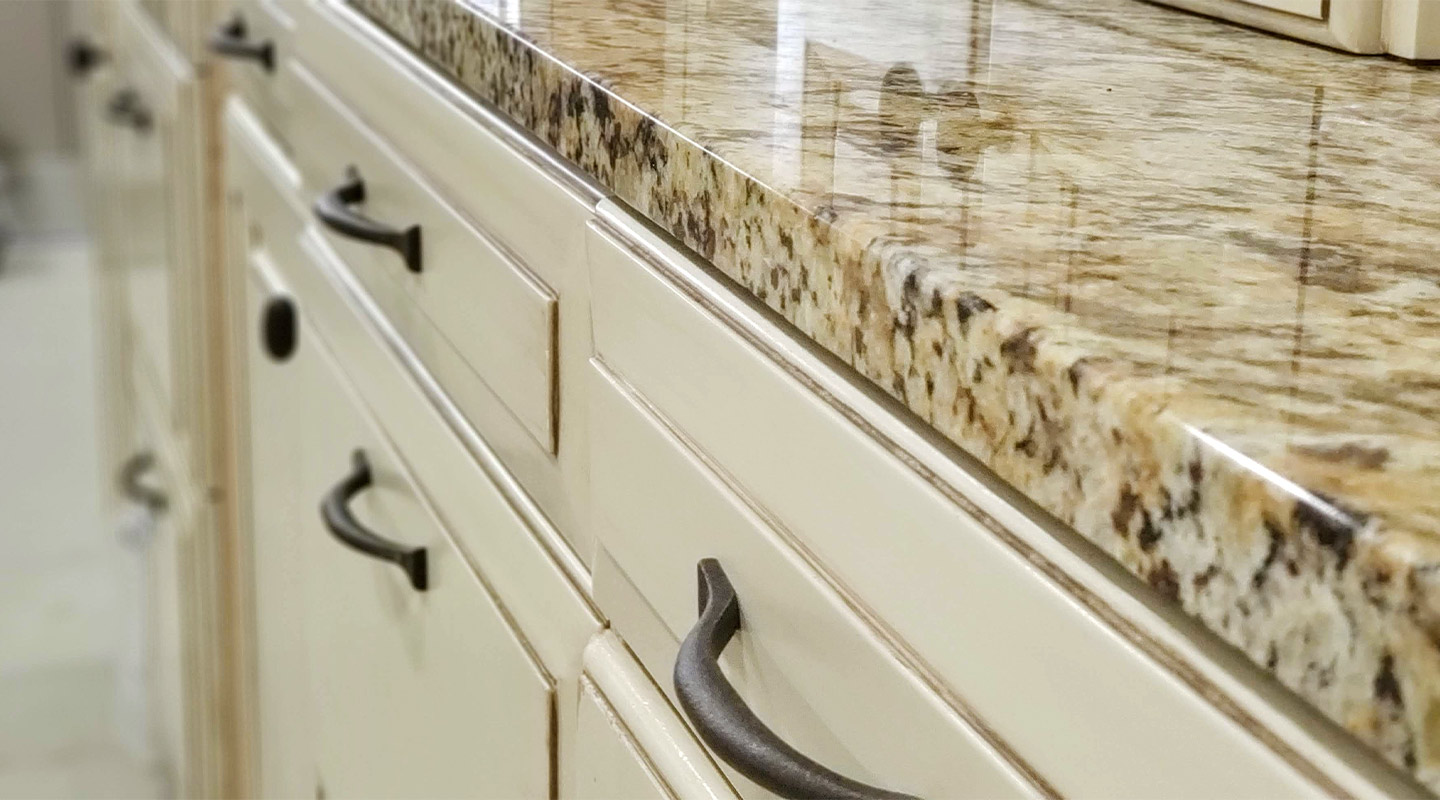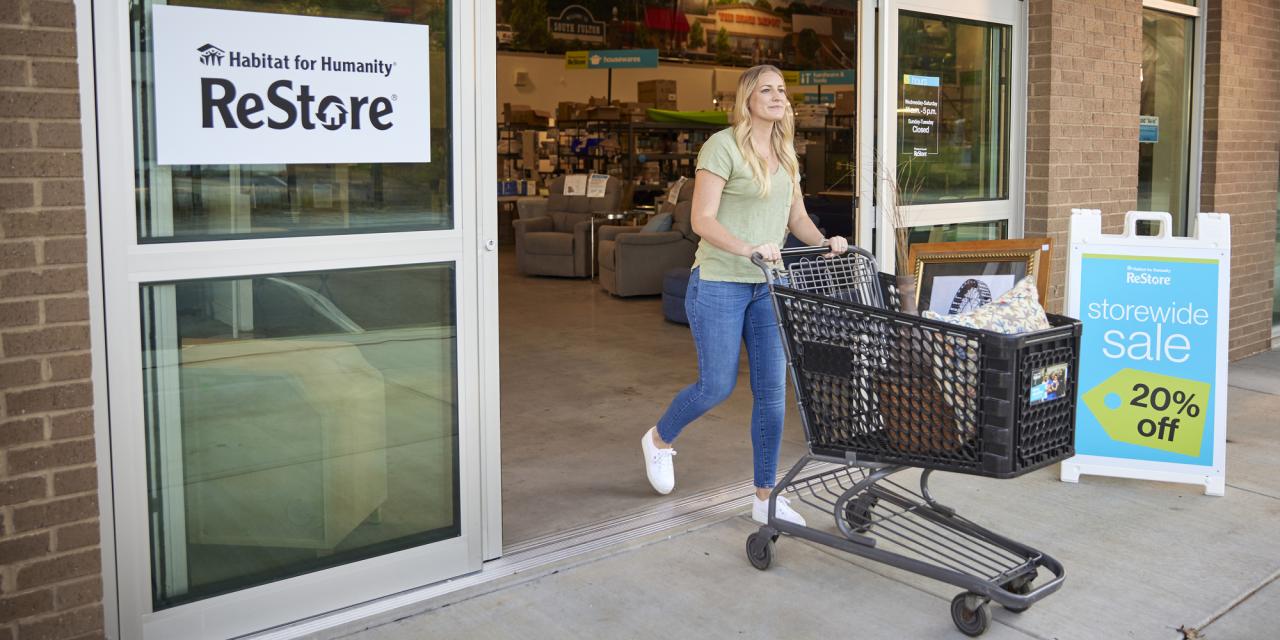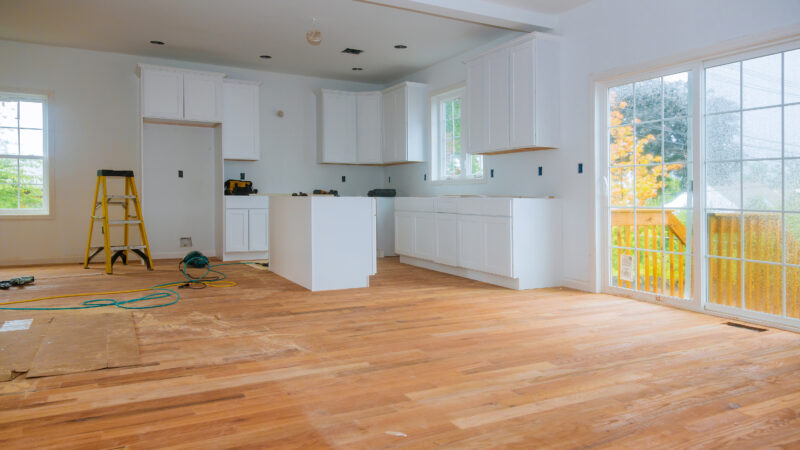April 24, 2024 | Asia Bartholomew
What Does Home Remodeling Involve?
Home remodeling can encompass a wide range of projects, from simple cosmetic updates to complete overhauls of your living space. Here are some common aspects of remodeling:
- Updating Fixtures and Appliances: Replacing outdated fixtures and appliances with energy-efficient models can significantly reduce your home’s energy consumption. Look for appliances with the Energy Star label, which indicates they meet strict energy efficiency guidelines set by the U.S. Environmental Protection Agency.
- Improving Insulation and Ventilation: Enhancing your home’s insulation and ventilation can improve energy efficiency and indoor air quality. Proper insulation in walls, attics, and floors keeps your home warm in the winter and cool in the summer, reducing the need for heating and cooling. Ventilation systems, such as heat recovery ventilators, can help remove indoor pollutants and maintain a healthy indoor environment.
- Redesigning Spaces: This can involve knocking down walls to create an open floor plan, adding new rooms, or updating the layout to better suit your needs. When redesigning spaces, consider using sustainable materials and incorporating energy-efficient lighting and heating systems.
- Upgrading Materials: Choosing sustainable materials for flooring, countertops, and cabinetry can reduce your environmental impact and improve the longevity of your remodel. For example, bamboo flooring is a popular sustainable option due to its rapid growth rate and durability.
Remodeling your home can increase comfort, functionality, and energy efficiency. Habitat for Humanity of the Charlotte Region supports sustainable remodeling through our ReStores and Deconstruction Service, offering affordable materials and helping reduce waste while supporting affordable housing. This ensures that the communities we serve remain clean and safe for those who live there.







